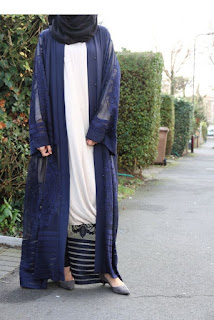By Korea.net Honorary Reporter Emilia Kircheva
Photos = Emilia Kircheva
In the beginning of June, a Bulgarian audience had the chance to enjoy a performance by the Korean percussion group Noreum Machi. The event gathered people of all ages and they were all eager to dive into the musical journey on which we were about to embark. Noreum Machi is known for its rediscovery of traditional Korean music and for mixing it with modern elements. It's widely recognized in Korea and around the world.
This was not my first time attending a performance of traditional Korean music. I thought I knew what to expect. In reality, however, their act was very different than anything I had seen before. The music that Noreum Machi plays is enchanting in every way, right from its history. It's known as samulnori and it's an adaptation of an ancient farmers’ ritual that has its origins in shamanism and animism. Each of the four main instruments represents a different element of nature: the janggu represents rain, the buk clouds, the jing wind, and the kkwaenggwari a thunder storm. The beat of the drums was loud and captivating. I tried to trace the movement of their hands, but it was impossible. That's how fast they were playing. The music itself sounded like a harmonic union of natural forces. The strong sound felt like it was purifying the whole space.
The best part, however, was the interaction of the musicians with the audience. They started their performance not on stage but at the back of the hall, among the audience. This set a very nice and friendly atmosphere for the whole evening. Each of the members introduced himself and told a bit about the instrument he was playing. Before each song they also explained its meaning. There was a prayer for health, glory and a long life, a traditional march from Joseon times, a mixture of traditional and modern sound, and much more.
The audience was engaged not only with listening, but also with participating. We were invited to sing along with Noreum Machi or to repeat certain words to complete the lyrics. The effort to make a connection with the audience didn't stop there. The group leader, Kim Ju Hong, learned how to say, “Thank you,” in Bulgarian and kept saying it each time the exhilarated audience clapped, which made us clap even more. My favorite moment of the whole evening was when Kim spread wishes for health, love and luck by swinging a big fan toward the audience while saying a blessing, so it felt like he was spreading it over the crowd.
Noreum Machi is doing an amazing job of making traditions cool again, with very high energy, an excellent stage presence and a fresh modern take on traditional Korean music. It was a pleasure to see them in Sofia.
wisdom117@korea.kr




















































